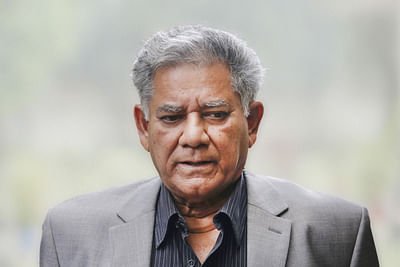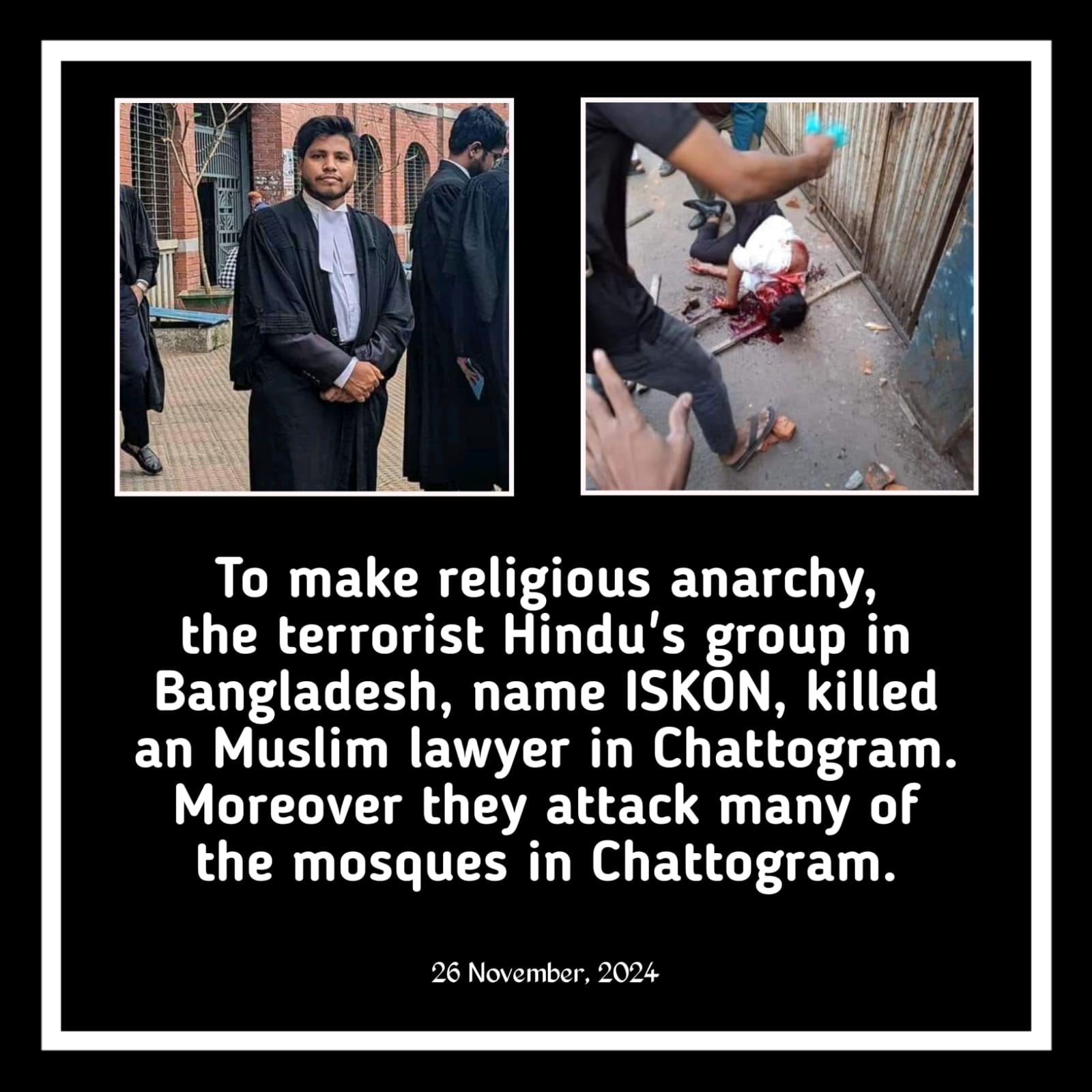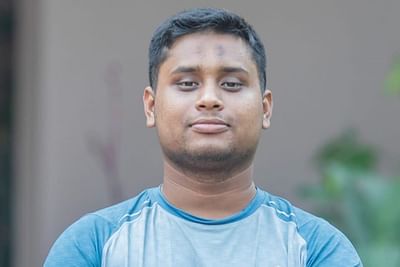August 5, 2024, will be a significant chapter not only in Bangladesh’s history but also in world history. The Arab Spring did not roar like the young students of Dhaka University roared on this day. Due to the arrogance of Sheikh Hasina’s fascist government, the movement eventually spread across the entire country, igniting a nationwide uprising among ordinary people.
Around 800 lives were lost in this movement. A similar number of people lost their vision or became disabled. The exact number of lives lost in this revolution on the streets is hard to determine. In exchange for so much bloodshed, Hasina’s fascist government was toppled. Hasina fled the country with another member of her family, seeking refuge in a neighboring country, leaving behind her supporters and the accomplices of her regime’s brutality—her “henchmen.”
With Hasina’s fall, the people of Bangladesh achieved their “second independence.” An interim government, led by world-renowned Nobel laureate Dr. Muhammad Yunus, has been established. This government faces many tough challenges. Chief among them is the task of reforming broken institutions to transform Bangladesh into a modern state and reviving its devastated economy. The widespread expectation, especially among the youth, is for “state repair.” This is the cause for which they shed their fresh blood. The younger generation and the people of the country have high hopes that this interim government will lead the way in the reformation of the Bangladesh state.
There is no need to delve deep into history to recognize the necessity of repairing or reforming the Bangladeshi state. The 15 and a half years of misrule and authoritarianism under Hasina’s government are rare in the modern world. As a ruler, Sheikh Hasina will remain an example of terrifying dictatorship. Her name can be placed alongside the likes of Hitler and Mussolini.
Thus, the urgent matter in state reform is to prevent the rise of such fascist governments in the future. After such a bloody revolution on August 5, I believe any conscious citizen of our country would support a restructuring of governance. Against this backdrop, I am presenting my personal opinions, in brief, on the changes needed to the state’s structure to ensure that future governments do not turn into monstrous regimes and that Bangladesh becomes a truly democratic and republic state. Below are some key points regarding state reform.
Decentralization
Bangladesh is the eighth-largest country in the world by population, with around 175 million people. To bring the government closer to such a large population, Bangladesh could be divided into a minimum of five provinces, creating a federal structure. Four provinces could be formed from the eastern and western regions, with Greater Dhaka being another province. Metropolitan Dhaka would remain centrally governed. The central government would retain control over defense, foreign affairs, border and maritime security, communications, and foreign aid management. Although the central government would oversee these areas, the provinces would manage their own affairs. Political decentralization would also take place through provincial government structures.
Bicameral Parliament
Many political parties and thinkers in Bangladesh have long called for a bicameral parliament. This is not just a timely demand but essential for modern state governance and healthy political practices. If we look at the subcontinent and SAARC countries, we’ll see that, except for the Maldives, all other nations have a bicameral parliament.
Electoral Management
As the federal structure is one of the main aspects of Bangladesh’s reform, electoral management must also be reformed. The election laws and voting system need to be changed. In addition to the ‘first-past-the-post’ or Westminster system, a proportional representation (PR) system could be introduced for 50% of provincial and national parliamentary seats. This would prevent the national parliament from becoming a center of one-party rule. I support proportional elections for half of the seats, a system also in place in Nepal.
Laws Regarding Political Parties
To ensure that political parties in Bangladesh can operate more transparently and democratically, a Political Party Registration Act is needed. Through this, political parties would be registered with the state. It should be noted that while separate registration for participation in elections remains in effect, that provision would be changed.
It’s worth mentioning that a Political Party Act ordinance was introduced in 1978, but it was never implemented. Bangladesh is the only country in the subcontinent where such a connection between political parties and the state doesn’t exist.
Police Commission and Administration
If Bangladesh becomes a federal state, the police administration must also be decentralized. A special central police force or reserve force would remain at the center. A central police commission would need to be established to oversee and guide the police. A special force like the Central Bureau of Investigation (CBI) would also be necessary. Such an initiative was taken during the caretaker government of 2007-08.
Judicial Appointments through a Council
The issue of forming a council for judicial appointments has been discussed for many years. In the past, the judiciary has been influenced by the government, as the method of appointing judges was flawed. The judicial system must be made independent.
In the above discussion, I have presented my personal opinions on a few aspects of reform in a very brief manner. This list of reforms is not final. New issues may be added to it. However, one crucial point is the need to maintain some balance of power between the president and the prime minister.
In any case, I have highlighted some aspects of state reform in this article to generate public opinion. For the future rulers of our country to not become tyrannical or electoral despots, the structure of the state must be reformed. I hope that healthy-minded politicians and civil society will support this proposal. I also urge the current interim government to seriously consider these reform proposals and begin the work of state repair. Now is the time to repair the state. If this opportunity is not seized, it will be impossible to prevent the rise of monstrous governments in the future.
Dr. M. Sakhawat Hossain: Advisor to the Interim Government on the Ministry of Textiles and Jute and the Ministry of Shipping, Former Election Commissioner
hhintlbd@yahoo.com










